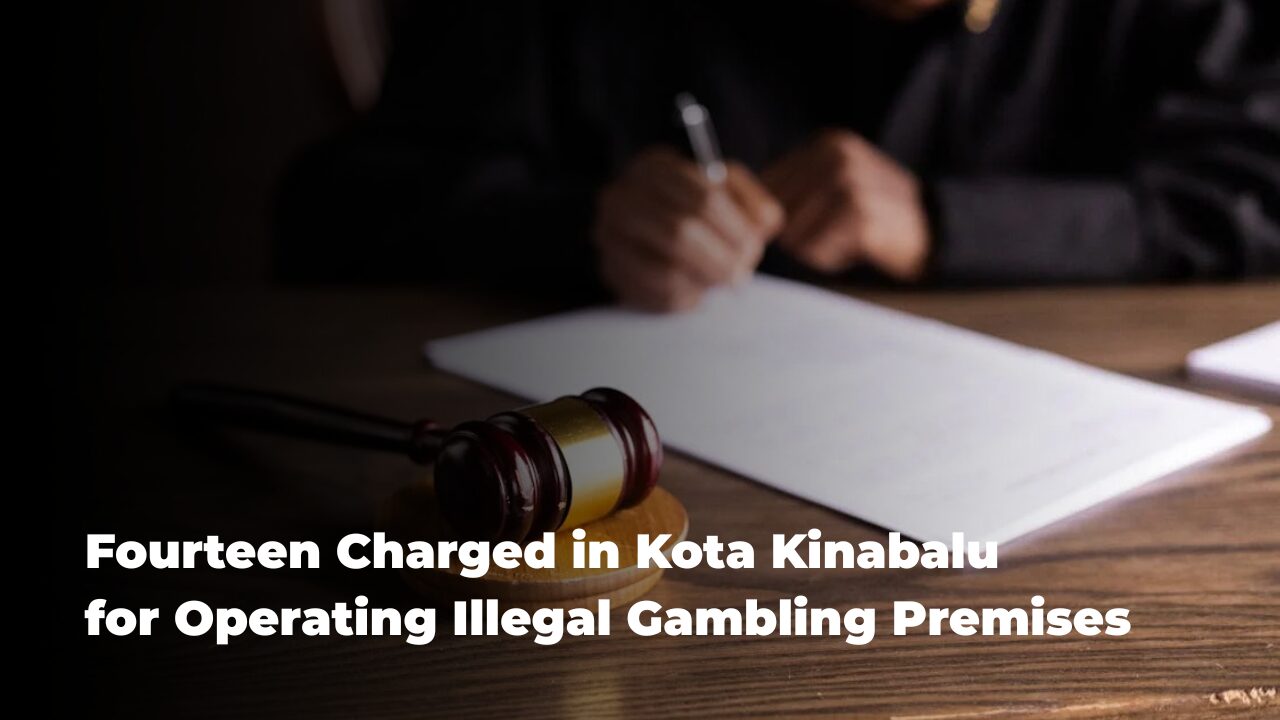The national gambling regulator in Ireland collaborated with multiple partners to bring forward the introduction of new gambling-related legislation.
Key Points
- Ireland introduced a new initiative that lets players block bank cards from gambling websites.
- The IBCB developed this Commitment of Care programme in cooperation with GRAI.
- Research found that 90% of gambling transactions in Ireland are processed through card payments.
The Gambling Regulatory Authority of Ireland (GRAI), together with the Irish Banking Culture Board (IBCB) and banks AIB, Bank of Ireland, and PTSB, launched a scheme allowing players to block bank cards for gambling websites. Under the Common Commitment of Care for Problem Gambling, Irish players may request their bank to block card usage on gambling sites and apps. At the same time, the legislation requires banks to strengthen employee training, implement support measures, and create voluntary card blocking options related to gambling.
Online Gambling Transactions Dominate in Ireland
This initiative followed research showing that 90% of gambling transactions in Ireland occurred online, with 99% funded by debit cards, while Gamstop reported 1% of UK adults self-excluded this year. Last week, more than 200 Irish gambling industry stakeholders urged the GRAI to implement measures against gambling harm. Commenting on the development, IBCB CEO Marion Kelly said problem gambling impacts individuals, families, and communities, and banks must respond with practical support when customers ask for help.
Kelly further stated that the Common Commitment of Care provides people experiencing gambling problems with clear access to banking assistance. Voluntary card blocking from AIB, Bank of Ireland, and PTSB will contribute to problem gambling reduction, and IBCB encourages other financial services to adopt similar measures.

 Companies
Companies 





